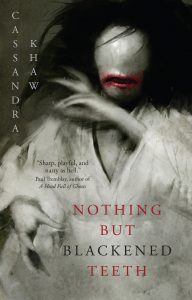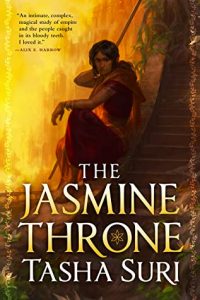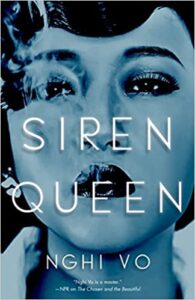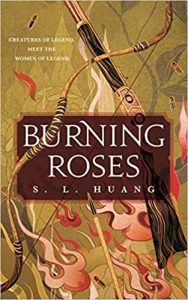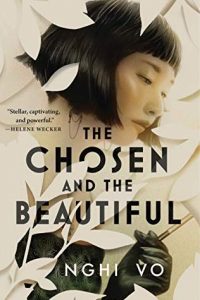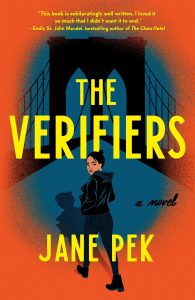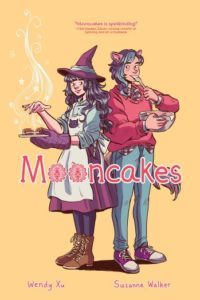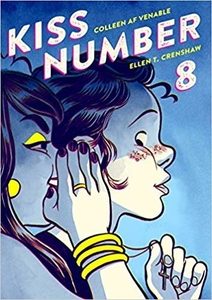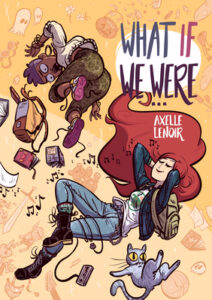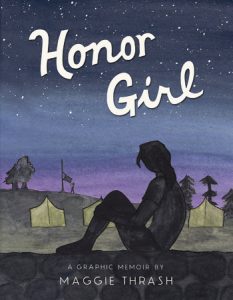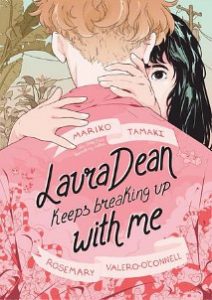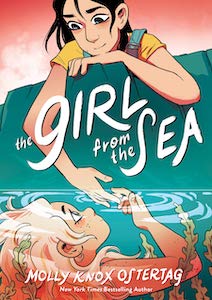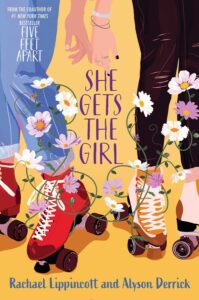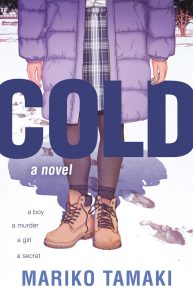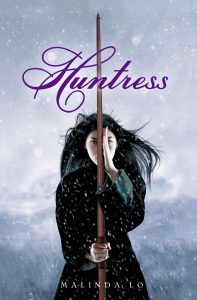Amazon Affiliate Link | Bookshop.org Affiliate Link
Trigger warning for suicidal ideation
A compact novella with a haunted house story, strained friendships, and a hungry ghost, I had high expectations for Nothing But Blackened Teeth. Were they met? Kind of, but overall the book fell a little flat for me.
First off, there are five leads: the main character Cat, rich white guy Philip, engaged couple Talia and Faiz, and snarky comedian Lin. They’ve rented out a haunted Heian period mansion (which, of course, is said to be haunted) for Talia and Faiz’s wedding. Most of the book focused more on their friendship dynamics and how quickly they fall apart, like…literally from the get go they’re already at each other’s throats. This trip sounds like it would have been a nightmare even without a ghost trying to keep one of them as her eternal companion.
The creep factor started in early as well, as Cat indulges some morbid fantasies around the legends of the house, and in the beginning I really enjoyed it. Cat has a tendency to go on rambling tangents that have a bit of a darker turn, due in part to her previous struggles with her mental health, and it really adds to the setting.
However, after the first visual appearance of the ghost, I found a lot of the scares to be a bit of a let down. The characters seem more focused on fighting each other and discussing how the narratives of horror movies usually spin out than they do on the ghost, who is perfectly happy to watch them destroy themselves rather than contribute much of anything on her own. It feels like Khaw is trying to spin the narrative on who horror movies usually treat as fodder—the queer characters, the comic relief—versus who is allowed to be the hero. But it bogs down the whole story and detracts from some of the excellent imagery and visceral horror that is there. Maybe I would have liked some of the later horror sections more if they were really allowed to shine, but the horror elements feel like they’re secondary to the somewhat forced melodrama of the characters.

